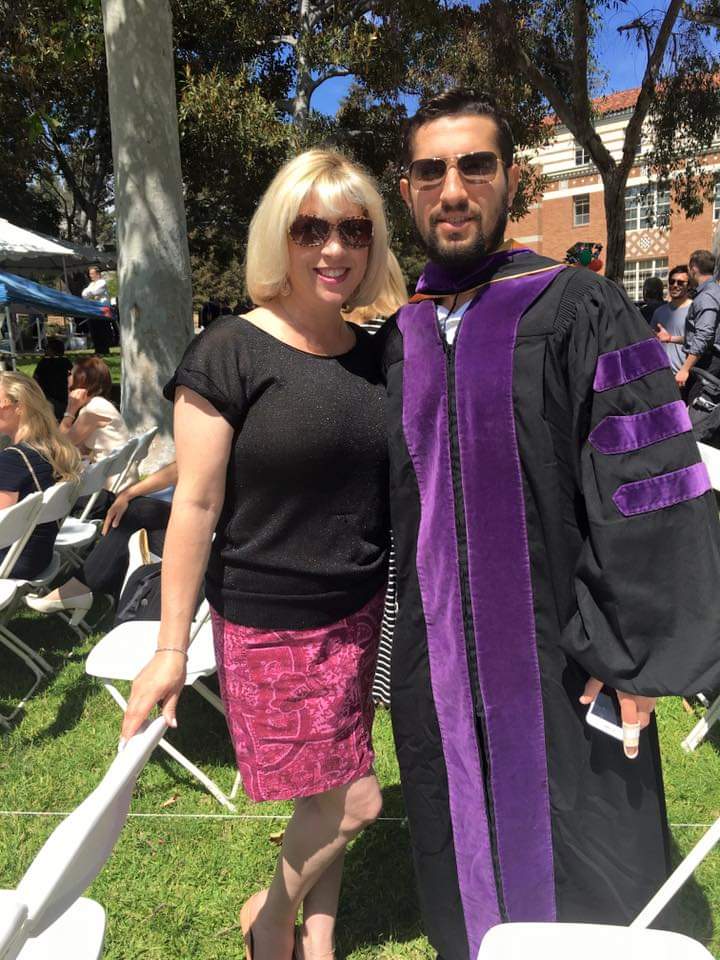In the realm of neurological research, Dr Lauren Papa emerges as a trailblazer, boldly navigating the uncharted territories of the mind. Her groundbreaking work transcends the boundaries of conventional understanding, as she pioneers new approaches to mapping the intricate pathways and functions of the brain. Mapping the Mind: Dr. Lauren Papa’s Pioneering Neurological Research encapsulates her transformative journey into the neural landscapes that define our cognition and consciousness.
At the heart of Dr. Papa’s pioneering research is the quest to map the complexities of the mind—a vast and intricate terrain that has fascinated scientists for centuries. Her journey begins with a deep commitment to unraveling the neural circuits and connections that underpin our thoughts, emotions, and behaviors. Driven by an insatiable curiosity, she employs cutting-edge techniques to trace the intricate map of the human brain.
Neuroplasticity becomes a focal point in Dr Lauren Papa neurological cartography. Her research sheds light on the brain’s remarkable ability to adapt and reorganize itself in response to experiences. By mapping the changes in neural connectivity that occur throughout life, she unveils the dynamic nature of the mind and its capacity for adaptation. This pioneering insight holds promise for developing innovative interventions for neurorehabilitation and the treatment of neurological disorders.
Genomic mapping stands out as another frontier in Dr. Papa’s research landscape. Delving into the genetic underpinnings of neurological conditions, she endeavors to map the molecular signatures associated with diseases such as Alzheimer’s and Parkinson’s. This genetic mapping not only deepens our understanding of the origins of these conditions but also opens avenues for precision medicine, where treatments can be tailored to individual genetic profiles.
The integration of advanced technologies becomes a cornerstone of Dr. Papa’s pioneering efforts. Mapping the mind involves harnessing the power of cutting-edge imaging techniques, including functional MRI and advanced neuroimaging tools. These technologies provide unprecedented glimpses into the brain’s activity, enabling a more detailed and nuanced mapping of neural networks. Additionally, artificial intelligence plays a pivotal role in data analysis, facilitating the identification of intricate patterns within the vast datasets generated by neuroscientific exploration.
Beyond the laboratory, Dr. Lauren Papa’s pioneering neurological research extends into the translation of her findings into practical applications. Her efforts contribute to the development of novel therapeutic strategies and diagnostic tools that have the potential to transform the landscape of neurological medicine. The tangible impact of her work reverberates not only within the scientific community but also in the lives of individuals affected by neurological conditions.
As a mentor and advocate for knowledge dissemination, Dr. Papa ensures that the maps she creates are shared with the broader scientific community. Through collaborations, publications, and educational initiatives, she actively contributes to the collective understanding of the mind’s intricate topography, fostering a community of researchers equipped to navigate the complexities of neurological research.
In conclusion, Mapping the Mind: Dr Lauren Papa Pioneering Neurological Research unveils the extraordinary contributions of a researcher dedicated to charting the neural landscapes that define our humanity. Dr. Papa’s pioneering efforts in neuroplasticity, genomic mapping, and technological integration reshape the way we perceive and understand the mind. As her mapping journey continues, the legacy of Dr. Lauren Papa becomes a testament to the transformative power of mapping the mind and the profound impact it can have on the future of neurological science and healthcare.



